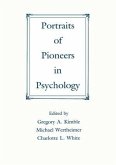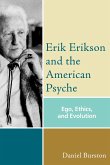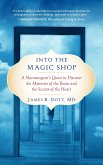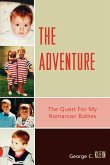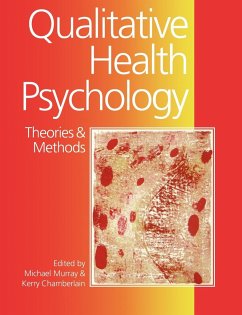George Kelly's personal construct theory, first published in 1955, is as radical today as it was then. Describing how each one of us goes about our daily life trying to make sense of the events around us, it maintains that we are in charge of what we do in the world, that we do not merely react to events. This book reveals that George Kelly was a man of enormous intellect, of many talents and of great complexity. Fay Fransella outlines how his views have influenced the theory and practice of psychotherapy, and illustrates how his training in physics and mathematics influenced his theory and led to the development of one of his methods of measurement - the repertory grid. The book also describes Kelly's philosophy of constructive alternativism, which suggests that we have created and can therefore recreate ourselves, and that what is true for the individual, rather than some external truth, is what matters. This philosophy can be seen as a precursor of the current emphasis on constructivism. Criticisms of Kelly's work and examples of work carried out within this framework since his death are also featured.
Hinweis: Dieser Artikel kann nur an eine deutsche Lieferadresse ausgeliefert werden.
Hinweis: Dieser Artikel kann nur an eine deutsche Lieferadresse ausgeliefert werden.



